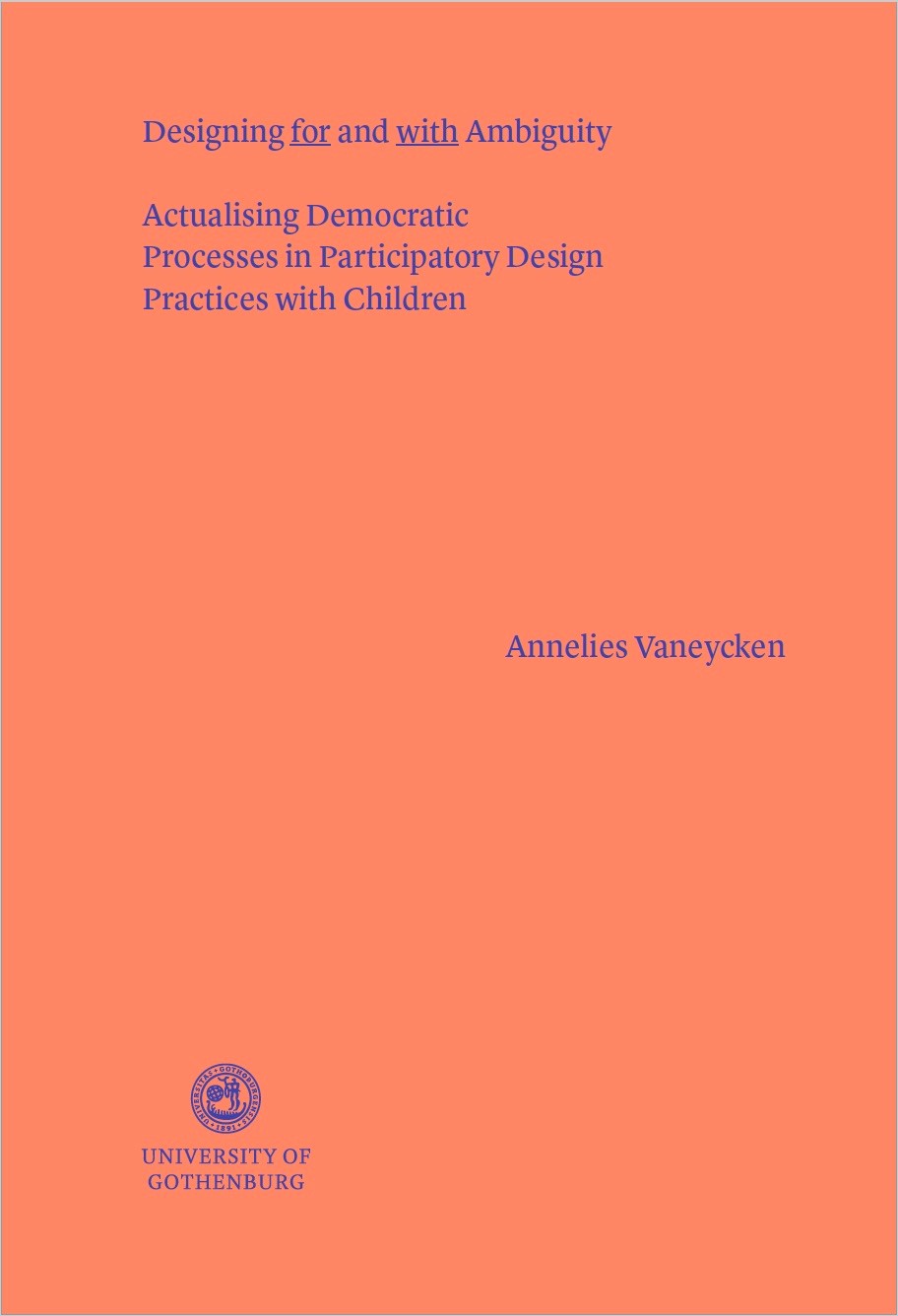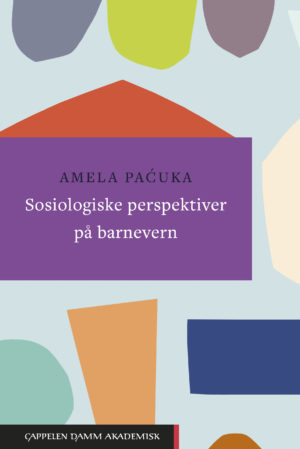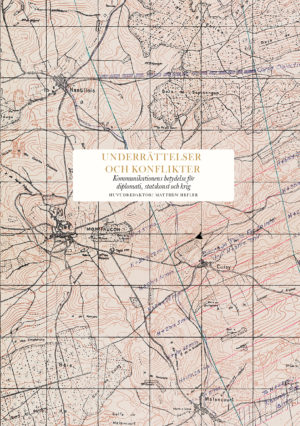"In the last thirty years, there has been an increased interest in supporting children’s participation in society, where the results of these practices may or may not have contributed to more democratic outcomes. In this thesis, I focus on the democratic character and potential of the 'processes' driving such practices, and their outcomes, which, to date, have mostly been overlooked. My inquiry is situated within the context of participatory design with children and explores how adult-initiated practices that work on children’s participation in society, can, in addition to producing a democratic outcome only, also be actualised as a democratic process. Here, a 'democratic process' is understood as a process based on child–adult interactions that respect fundamental democratic values such as freedom, equality, and justice. My design practice, in this case, the 'Public Play' project, formed the core of my fieldwork and empirical material. 'Public Play' was a series of five participatory design workshops where groups of children and I worked together on children’s participation in public space in Belgium and Sweden. A new research approach: 'research through design' interventions was developed and used for the exploring of “openness” (Eco, 1989[1962]) as well as the study of its effects by analysing some key workshop situations through a theoretical framework drawn from Gaver et al. (2003). The thesis foregrounds how ambiguity — the quality of being open to the simultaneous coexistence of several meanings — can be a resource for the actualising of a pluralistic democratic process. Exploring ambiguity revealed both the adult designer and the child participants being enabled to express their meanings when defining the content, roles, and agenda of the process, and that the actualising of a democratic process also requires certain ways of negotiating and fulfilling responsibilities. The thesis also highlights the 'particip-actor' role the children can play, as well as new roles for the facilitator when designing 'for' and 'with' ambiguity. Through my inquiry, an 'ambiguity approach' comes into being, which helps designers work with ambiguity in a more controlled way, as well as providing them with a strategic framework informed by learning-by-doing, learning-over-time, and learning-from-peers."







